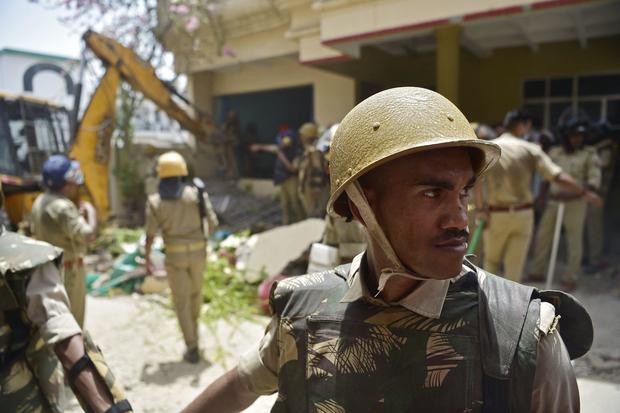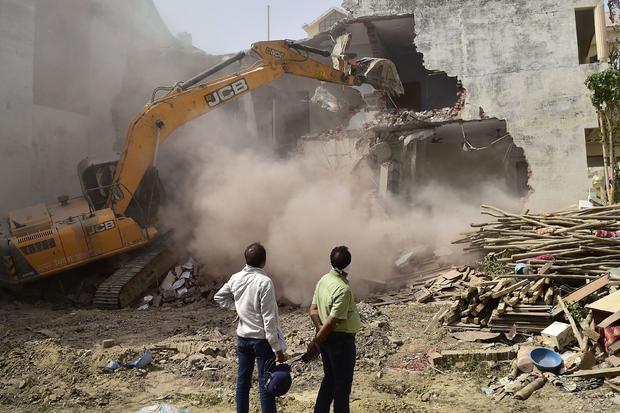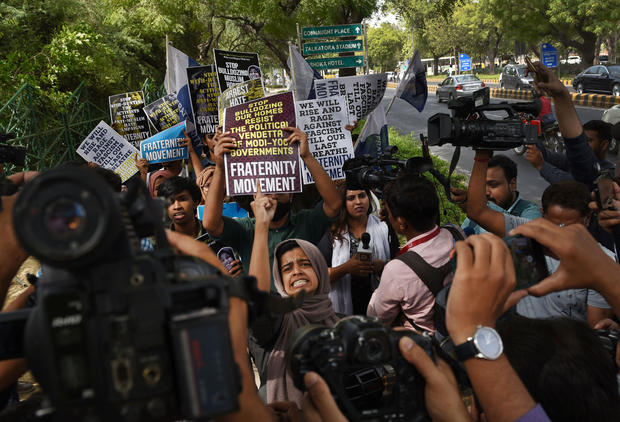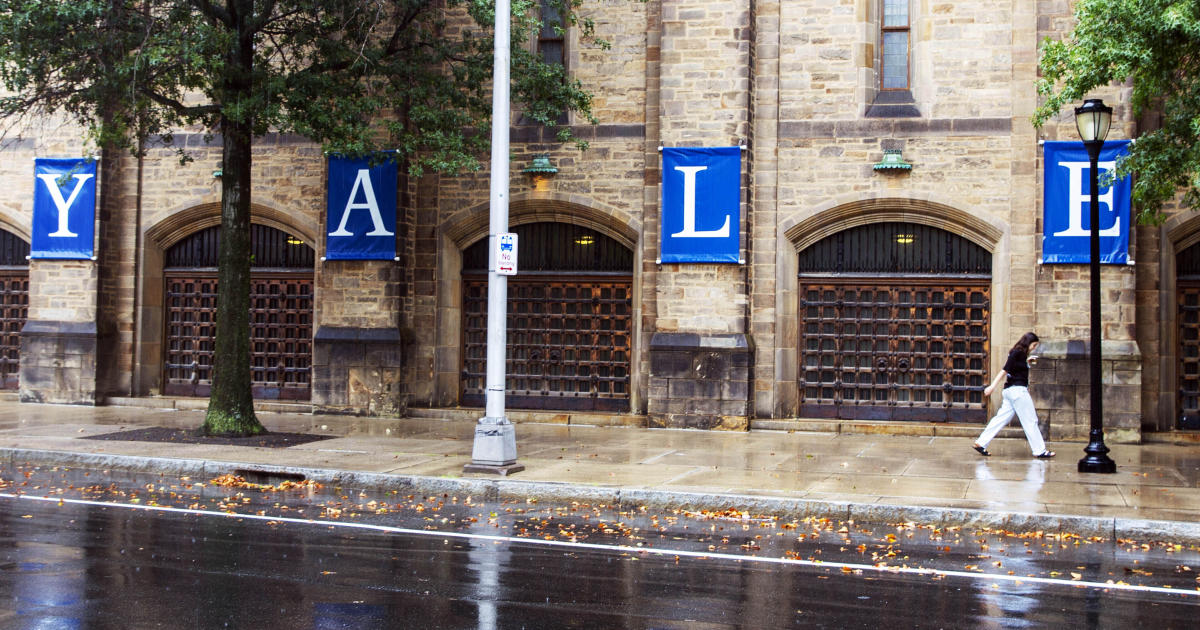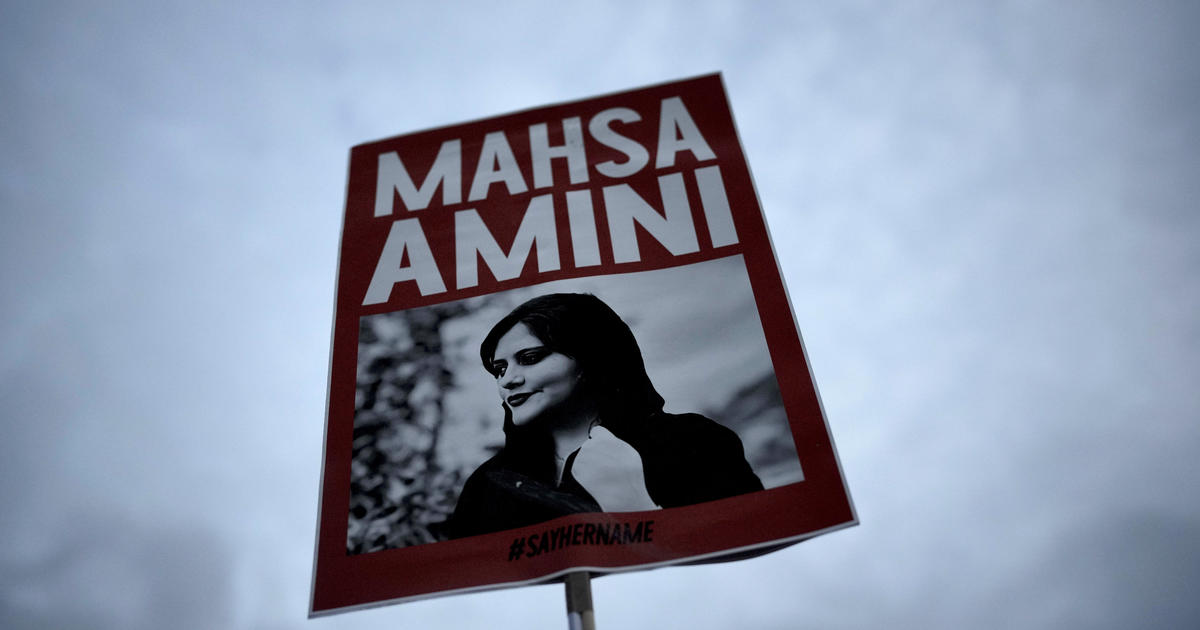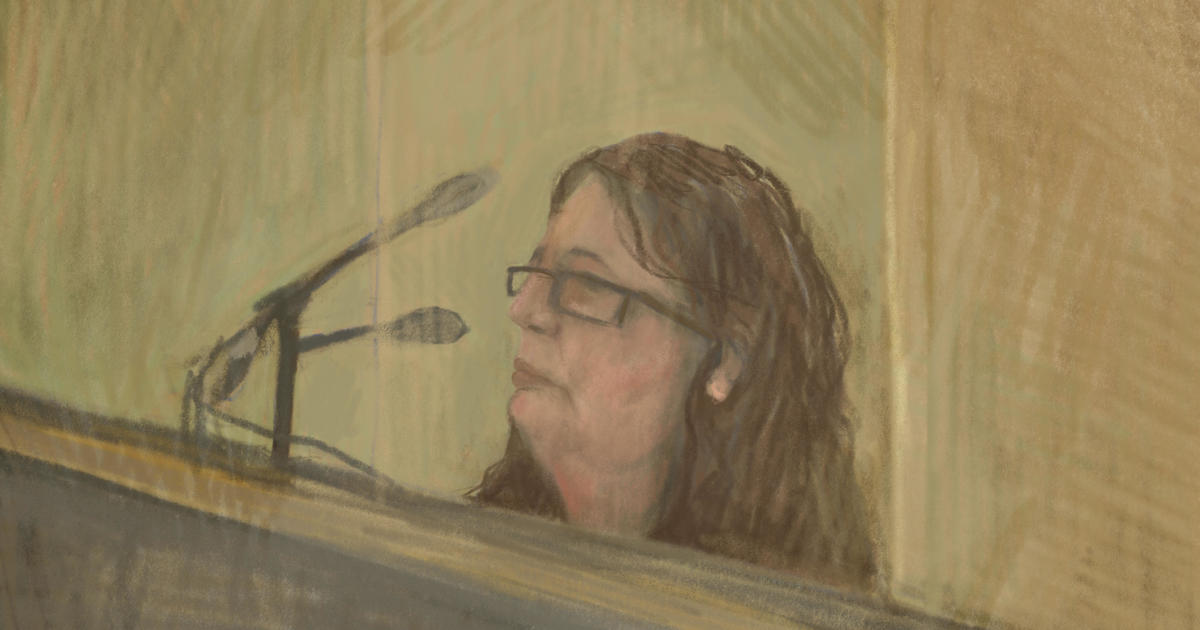India's top court warns demolitions "can't be retaliatory" as Muslim protesters claim homes razed as punishment
New Delhi — India's Supreme Court on Thursday cautioned the Uttar Pradesh state government against the controversial practice of demolishing the homes of Muslim protesters accused of instigating violence amid nationwide protests last week, but it declined to order a halt to the demolitions.
"Demolitions have to be in accordance with law, they cannot be retaliatory," the top court said, responding to a case brought by Muslims in Uttar Pradesh who allege the state government has been punishing members of India's 200-million-strong Islamic minority for participating in protests.
Protests erupted in several states on June 10 over derogatory remarks made by senior members of Prime Minister Narendra Modi's political party about the Prophet Muhammad. The demonstrators, mostly Muslims, demanded the arrest of Nupur Sharma and Naveen Jindal, the officials of the ruling Bhartiya Janata Party (BJP) who made the remarks. Both of them were fired by the party.
Hundreds of protesters were arrested on the day, and one day later, authorities in at least two cities in Uttar Pradesh sent bulldozers to raze the houses of some of the demonstrators who were accused of rioting.
One of the demolished homes, in the state's Prayagraj district, belonged to the father of Afreen Fatima, a prominent student activist. Her father, local politician Javed Mohammad, has been accused of planning the protests, some of which did turn violent.
Police in Uttar Pradesh have arrested more protesters since the demolitions, taking a total of 357 people into custody according to a report by The Times of India. Some of those families have voiced concern that their homes could still be destroyed under the Uttar Pradesh government's practice, which has been dubbed "bulldozer justice."
The state government insists the demolitions are only being carried out on "illegal constructions," but millions of homes across India were built without planning permission, leading critics to question why only protesters' homes are being destroyed.
C.U. Singh, a lawyer for the petitioners who brought the case to the Supreme Court, accused the government of targeting the Muslim community. A representative of the Uttar Pradesh administration insisted in the court that "due course of law" had been followed.
The Supreme Court asked the Uttar Pradesh government to file a response to the allegations by June 21, when it will hear the case again. The court said it would not stop the demolitions in the meantime, rejecting the resident's demand for an interim stay and raising the prospect of more demolitions in the coming days.
"We can't stay demolitions. We can say go in accordance with law," said Supreme Court justices A.S. Bopanna and Vikram Nath in their Thursday statement.
"Everything should look fair... we expect the authorities to act only in accordance with law," added one of the judges.
The court petitioners allege the demolitions were "illegal… shocking and appalling," and they're seeking legal action against government officials who ordered the homes to be razed.
Earlier this week, several former judges and senior legal advocates wrote a joint letter to the Chief Justice of India urging him to take note of the "brutal clampdown" and "violation of the rights of citizens."
India faced a huge diplomatic backlash earlier this month from at least 15 majority-Muslim countries — including Saudi Arabia, Kuwait, Qatar, UAE, Iran, and Oman — over the ruling party officials' remarks against Islam's prophet.
Many of these countries logged official protests with India, and there were calls from officials in two Gulf states to boycott Indian products.
Prime Minister Modi's Hindu nationalist government has been accused of deliberately trying to marginalize the country's Muslims through controversial legislation and other moves. Modi and other members of his party vehemently deny allegations that they're fueling sectarianism.
